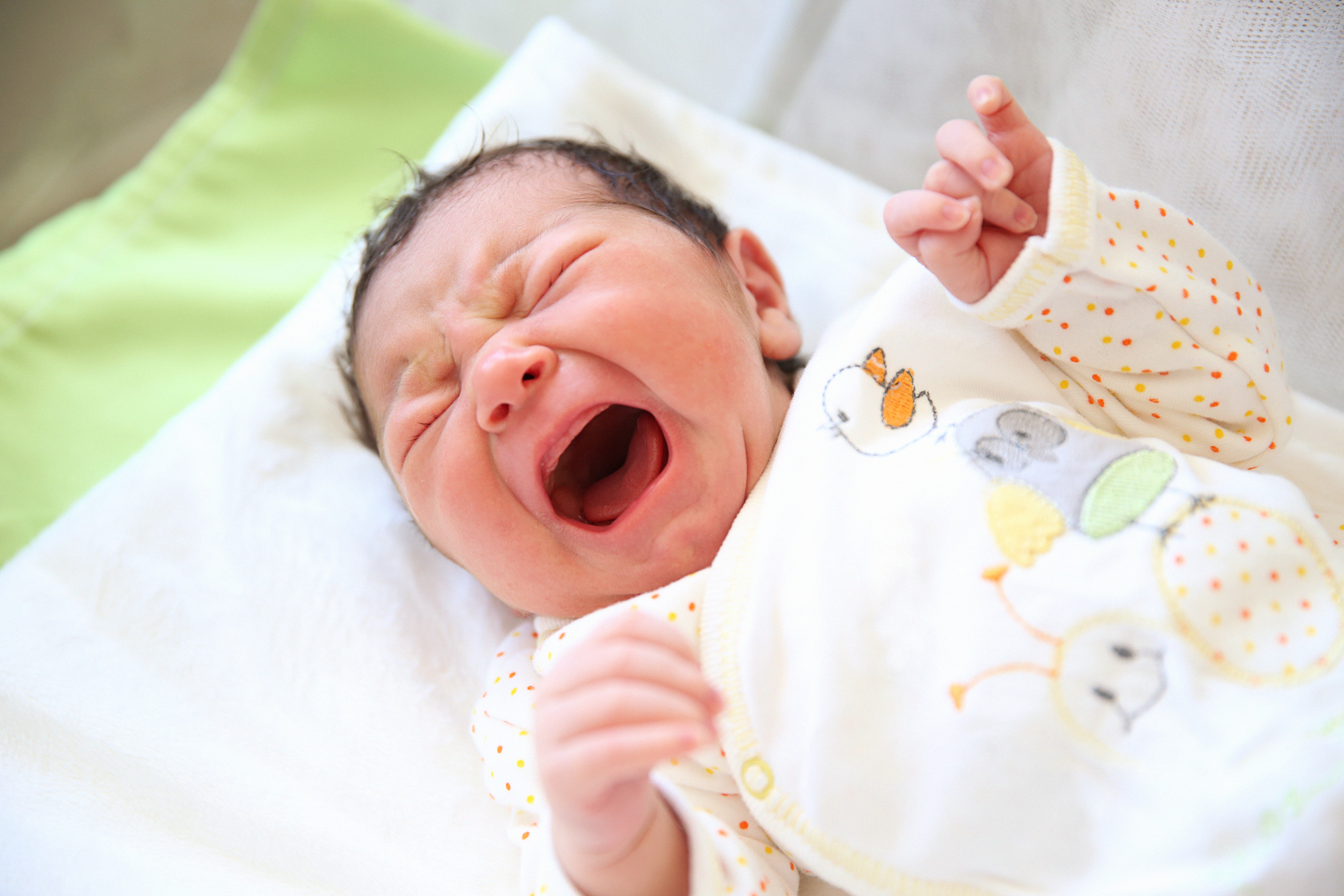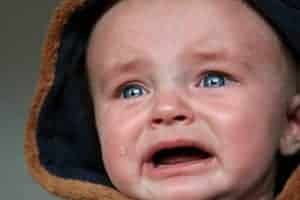Ask The Expert Why Does My Baby Cry Constantly After Feeding Bt

Ask The Expert Why Does My Baby Cry Constantly After Feeding Does your baby cry after you feed him? are you concerned about why this is happening? babies crying after feeding can be caused by a number of issues such as colic, gas build up, food allergies, and sensitivity to formulas. read on to know more. Learn about some of them here, from colic to acid reflux to issues with their formula. also get expert advice from an rn on ways to identify or treat certain problems.

Why Does My Baby Cry After Feeding Baby And Bib To answer these questions, read this post, where we discuss the reasons a baby might cry even after feeding them, what to do in such a situation, when to consult a doctor, and tips to prevent this from happening. Feeding problems such as colic can cause babies to cry more than normal, particularly around feeding. feeding issues affect up to half of all infants, and colic affects up to one in five babies so it's probably more common than you might think. Your baby may be crying while being bottle or breastfed for several reasons. let's run through what these reasons are and how you can help soothe your little one during feeds. Babies that constantly cry and fuss (more than is usual for their age), and especially after feeding, might have colic and or cmpa. however, babies with cmpa usually experience more than just one symptom and these symptoms can be very different from one baby to the next.

Why Does My Baby Cry After Feeding Panolina Your baby may be crying while being bottle or breastfed for several reasons. let's run through what these reasons are and how you can help soothe your little one during feeds. Babies that constantly cry and fuss (more than is usual for their age), and especially after feeding, might have colic and or cmpa. however, babies with cmpa usually experience more than just one symptom and these symptoms can be very different from one baby to the next. If your baby is crying during a bottle feeding, the most common causes are improper nipple size or milk flow, reflux, lack of hunger, tiredness, or a food allergy. to determine what is causing your baby’s fussiness during bottle feeding, it’s best to look at all the possibilities of what could be causing your baby’s distress. Assuming that your baby has been checked out by a doctor and is healthy, lots of crying is usually perfectly normal, particularly during the first three months of life. Pediatric experts reassure parents that some crying after feeding is completely typical. your baby might be experiencing digestive adjustments, overstimulation, or simply seeking comfort. Oftentimes, it can be hard to know why your baby is crying after feedings. not knowing how to identify the problem and not having a solution can have a significant effect on the physical and mental health of both your baby and the entire family. this can include increased stress, lower quality sleep, and the physical health of your baby.

Why Does Baby Cry After Feeding Read To Learn Everything If your baby is crying during a bottle feeding, the most common causes are improper nipple size or milk flow, reflux, lack of hunger, tiredness, or a food allergy. to determine what is causing your baby’s fussiness during bottle feeding, it’s best to look at all the possibilities of what could be causing your baby’s distress. Assuming that your baby has been checked out by a doctor and is healthy, lots of crying is usually perfectly normal, particularly during the first three months of life. Pediatric experts reassure parents that some crying after feeding is completely typical. your baby might be experiencing digestive adjustments, overstimulation, or simply seeking comfort. Oftentimes, it can be hard to know why your baby is crying after feedings. not knowing how to identify the problem and not having a solution can have a significant effect on the physical and mental health of both your baby and the entire family. this can include increased stress, lower quality sleep, and the physical health of your baby.

Why Does My Baby Cry Constantly Pediatric experts reassure parents that some crying after feeding is completely typical. your baby might be experiencing digestive adjustments, overstimulation, or simply seeking comfort. Oftentimes, it can be hard to know why your baby is crying after feedings. not knowing how to identify the problem and not having a solution can have a significant effect on the physical and mental health of both your baby and the entire family. this can include increased stress, lower quality sleep, and the physical health of your baby.

Why Does My Baby Cry Constantly
Comments are closed.